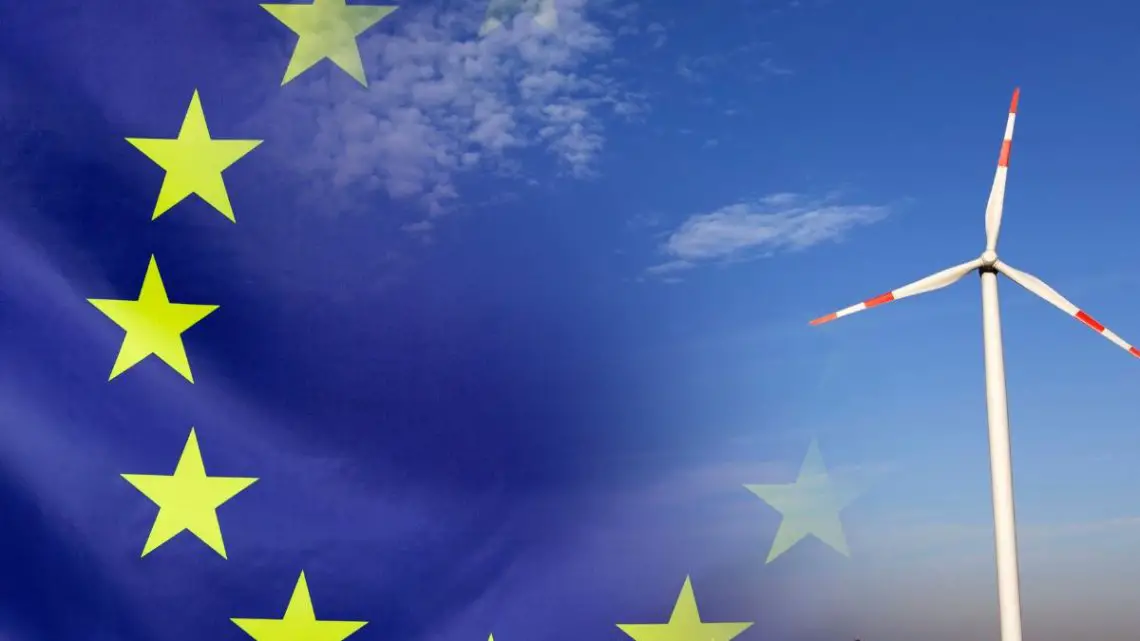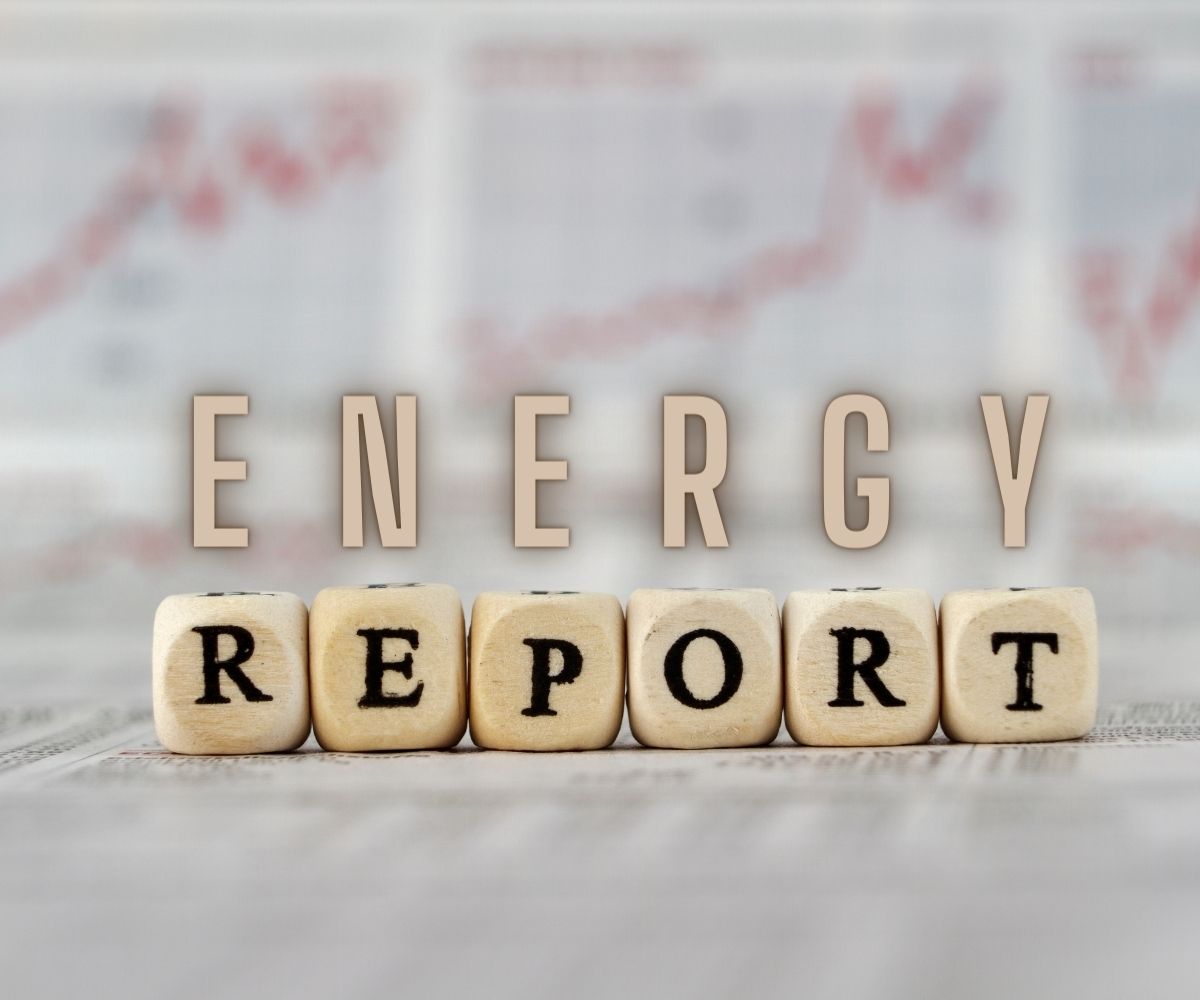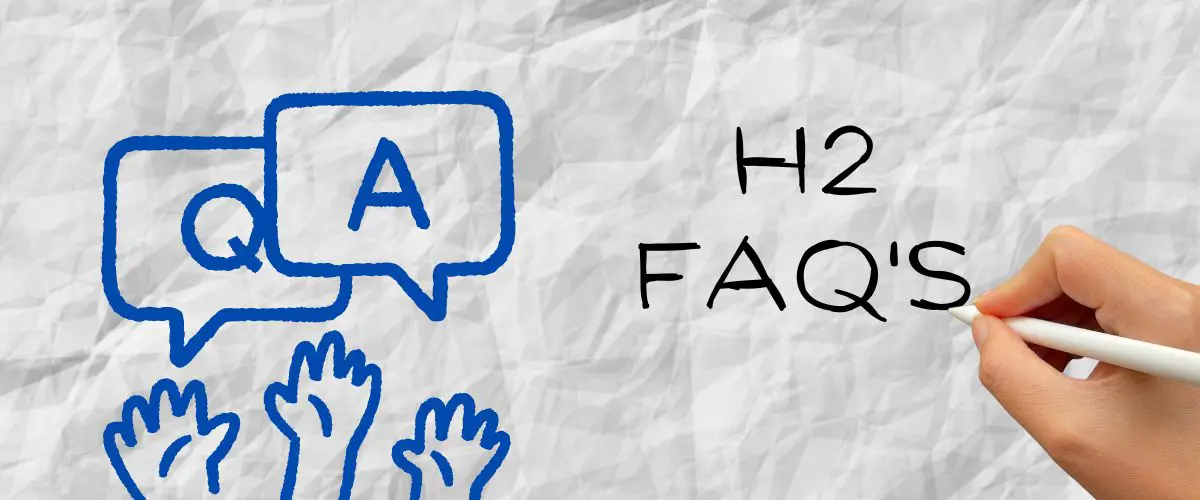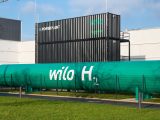
Report Explains Why the Eurozone May Dodge the Anticipated Winter Energy Crisis
July 22, 2023 0 By Julie CampbellAllianz Trade’s New Research on the Eurozone Economy – Examining the situation in Central and Eastern Europe, which is even less reliant on Russian oil.
Allianz Trade recently released its latest Eurozone research results, which indicate that it is unlikely that the region will face an energy crisis this winter. That same report also took a closer look into Central and Eastern Europe (CEE) and why there is a reduced reliance on Russian oil.
Europe has had a growing focus on alternative energy sources such as hydrogen fuel.
The Eurozone was already discussing greener sources of power several years ago as it angled toward economic rejuvenation and decarbonization. This has included several strategies, including a focus on hydrogen fuel. The European Union’s hydrogen strategy has been making significant headlines since its announcement and as it continues to move forward through funding, regulation and guidance.
Over the last four years, the corporate sector sovereign exposures in the Eurozone have been greater than 20 percent of GDP. Though support strategies have helped to keep the most vulnerable companies above water, the region has experienced notable economic scarring and remains at risk of greater corporate defaults. This is particularly true as governments respond to the weaker global economy and are less prepared to offer their support.
According to the report, higher exposures in the public sectors build a “doom loop” risk as weak growth adds strain to corporate margins. Across the next handful of years, the Eurozone is at risk of becoming trapped by excessive policy interventions on top of weak fundamentals, said the report.
Though unlikely to experience an energy crisis, mispriced risk could worsen vulnerabilities.
Still, as the credit cycle heads in a negative direction – with the first ever negative for money supply – and as greater restrictions are incorporated into fiscal policies, the report expects that the economy will eventually “snap back” to weak fundamentals.
Still, the report underscores that an energy crisis is unlikely in Central and Eastern Europe next winter because it is reducing its dependence on oil and gas from Russia.
Falling dependence on Russian oil reduces energy crisis risk
Though the volume of total imports on oil and oil products has risen to a record 86 tons as of last year, even with rising global prices, the imports from Russia also fell from 47 percent to 40 percent the year before, and by an average of 53 percent from 2017 through 2021. Moreover, that share plummeted to 21 percent in the first quarter of this year in response the to EU’s embargoes on seaborne Russian crude imports and on Russian oil product imports overall.
In conclusion, the recent report by Allianz Trade highlights a significant shift in the Eurozone’s energy dynamics, particularly in Central and Eastern Europe (CEE). The reduced reliance on Russian oil in these regions indicates a strategic pivot towards alternative energy sources, such as hydrogen fuel, which is a major component of the EU’s greening initiatives. However, the report also underscores the fragility of the Eurozone’s economy due to high corporate sector sovereign exposures and the potential for increased corporate defaults. Mispriced risk could further exacerbate these vulnerabilities. Nevertheless, the declining dependence on Russian oil and gas, coupled with the diversification of energy sources, reduces the likelihood of an energy crisis in the Eurozone, and specifically in CEE, in the upcoming winter. Furthermore, the decrease in Russian oil imports, driven in part by EU embargoes, also contributes to this decreased risk. This shift in energy sourcing, while posing challenges, could potentially pave the way for more sustainable and resilient economic growth in the future.
FAQs related to the report by Allianz Trade and the situation in Central and Eastern Europe:
- Question: What is the current energy situation in Central and Eastern Europe? Answer: Central and Eastern Europe (CEE) are reducing their reliance on Russian oil as part of a strategy to diversify their energy sources. This shift is helping to prevent an energy crisis in the region source.
- Question: What alternative energy sources is the Eurozone focusing on? Answer: The Eurozone has been focusing on alternative energy sources, such as hydrogen fuel, as part of its greening initiatives. This focus aligns with the EU’s Green Deal ambition.
- Question: Why are EU embargoes affecting Russian oil imports? Answer: EU embargoes on Russian crude and oil product imports have led to a decrease in the volume of imports from Russia. This action is part of the EU’s efforts to make Europe independent from Russian fossil fuels well before 2030 source.
- Question: How could the shift in energy sourcing impact the future growth of the Eurozone? Answer: The shift in energy sourcing could lead to more sustainable and resilient economic growth. By reducing reliance on a single source and diversifying its energy supply, the Eurozone can better manage energy prices and supply disruptions.
- Question: What is the economic risk for the Eurozone due to high corporate sector sovereign exposures? Answer: High corporate sector sovereign exposures pose a risk to the Eurozone’s economy. These vulnerabilities could worsen if risks are mispriced, potentially leading to increased corporate defaults source.
About The Author
Julie Campbell is a veteran news writer with a primary focus on hydrogen fuel and renewable energy, technology, health and wellness. Campbell has been the head of a freelance writing company since 2003...READ MORE




 With over 15 years of reporting hydrogen news, we are your premier source for the latest updates and insights in hydrogen and renewable energy.
With over 15 years of reporting hydrogen news, we are your premier source for the latest updates and insights in hydrogen and renewable energy.